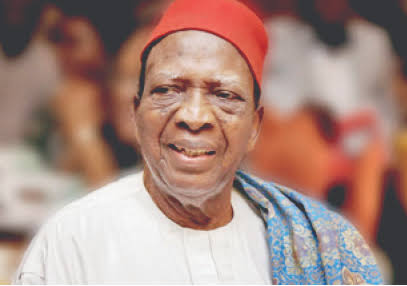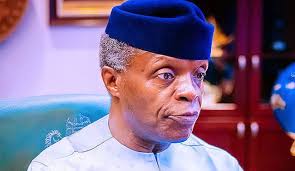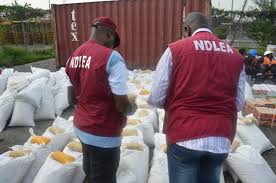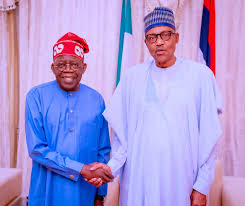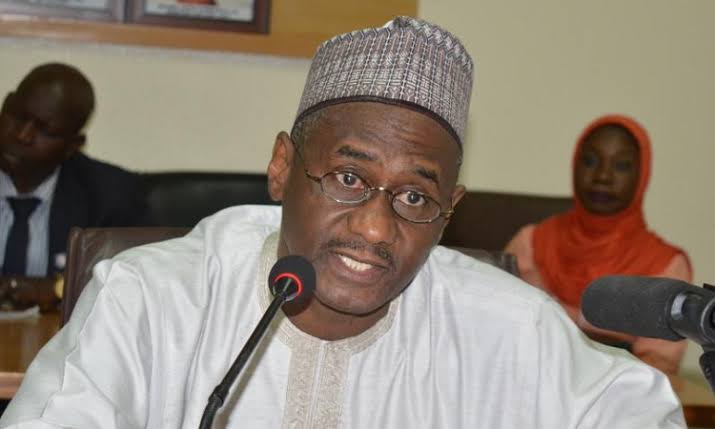
By Ologeh Joseph
The Fulani and Hausa ethnic groups are currently fighting a civil war among the the two once friendly ethnic neighbours.
Before now, the Fulani and Hausa have shared common political and economic goals.
Recently, some Northern states have witnessed armed resurgence
A former Chief Executive Officer, (CEO) National Health Insurance Scheme, Professor Usman Yusuf said the war between Fulani and Hausa is currently going on in the North which he admitted will affect the unity and prosperity of the region.
He spoke in an interview with Arise TV monitored by Irohinoodua.
He ruled out the prospect of the military bringing peace to the North saying the need for community-led process is imperative.
He called for community-led peacebuilding amidst inter-ethnic strife in the North.
He said “We must tell our people to have an honest conversation,” Yusuf’s stated, as a matter of serious attention and urgency. The military cannot bring peace to our communities, only we can do that.”
Speaking further on the Fulani-Hausa war, he said “There is a civil war going on in the North between the Hausas and the Fulani. Between the Hausas and the Tivs,” he shared, with unwavering conviction. And we expect the military to bring peace. No.”
The Fulani led a Jihad in 1804, joined by many Hausa Talakawas. By the earliest part of the last century, the Fulani had conquered most of Hausaland where they imposed Emirs, mostly children of the Jihad commander, Uthmand Fan Fodio
But in few years past, Northern leaders have tried to cover up the reality of a bitter Fulani and Hausa armed conflict which is cleverly referred to as “banditry”, undermining the deep crisis of ethnic conflict between the Hausa who appear to be questioning the 1804 seizure of land and resources during the Jihad, something that left them landless and powerless.
Yusuf is one of the few Fulani leaders that has come to accept the changing dynamics
He asked “Where are our elders? Where are our traditional rulers? Where are our clerics that sold the Muslim-Muslim ticket?”
He called for collective responsibility.
“It is us that will bring peace.” He exclaimed.
As Yusuf continued, his words shifted from indictment to acknowledgment, recognizing the sacrifices made by the armed forces in their efforts to maintain stability.
“The military can only provide an enabling environment.”
He said with respect and gratitude th military are doing a heck of a job.
He said “They are losing men and women on the battlefield,” he acknowledged solemnly, “And we must step back and demilitarize this conflict.”

